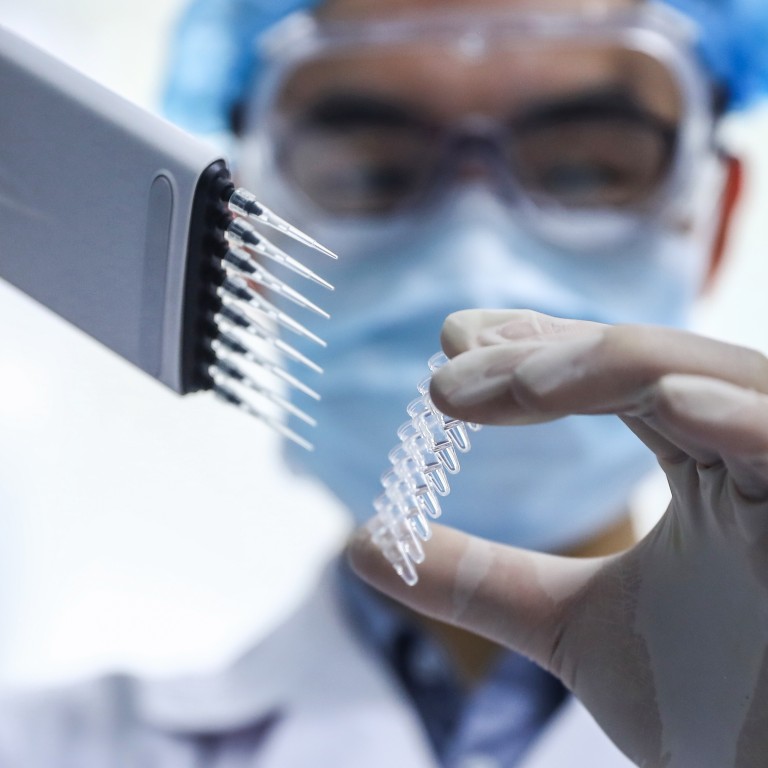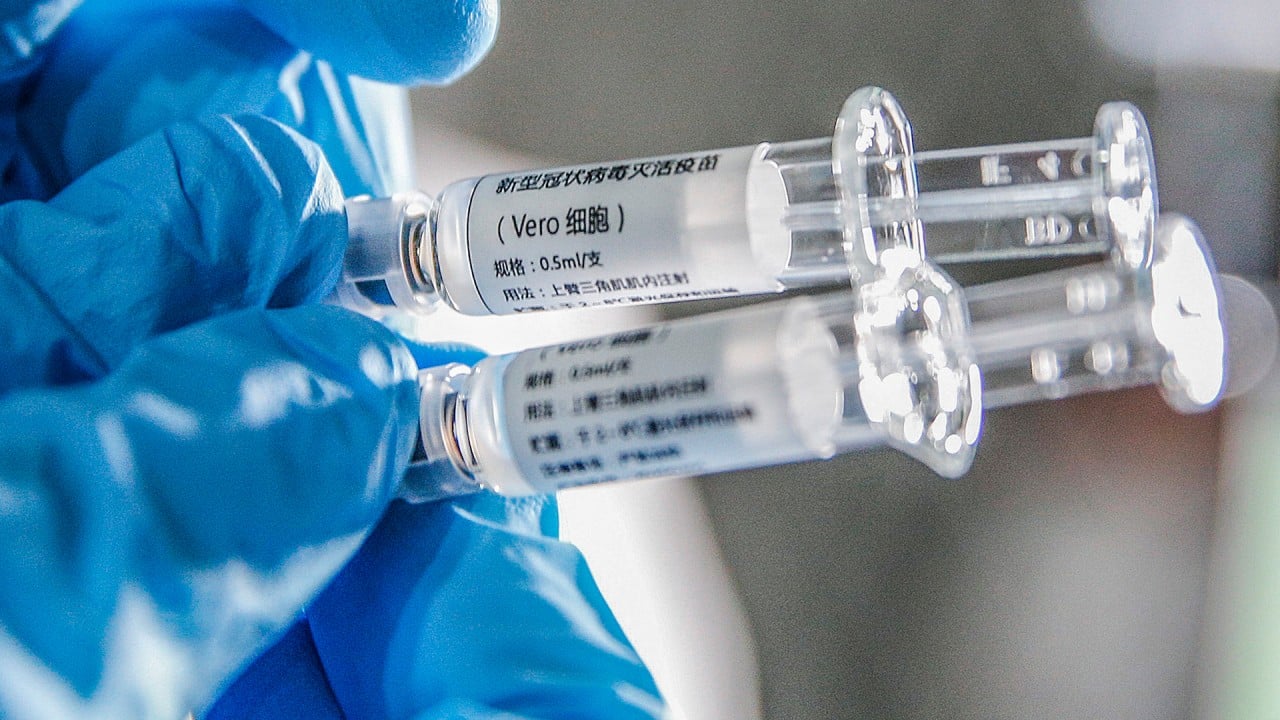
For the world to trust Chinese coronavirus vaccines, transparency is vital
- As a country that has seen scandals in the recent past, China has to be careful in its approach to vaccine development. Its advantage as a leading economy won’t be enough to convince the world of the safety of its treatment
The approval of vaccines against Covid-19 by a handful of governments has signalled the start of what many have called the biggest inoculation effort in human history.
China can play a key role in making sure that less-developed nations are not left out, as its vaccines – which are due for approval soon – will be considerably cheaper.
Reports indicate that over a million people on the mainland have been given the jab even though the phase-three trial results of the experimental vaccine have yet to be released. But this seeming rush has given rise to doubts about Chinese credibility.

01:21
UAE is first government to officially approve Chinese coronavirus vaccine developed by Sinopharm
This has again led to media reports highlighting the lack of data rather than the success of the trials. Sinopharm is due to release the third-phase results soon and there will be intense scrutiny of the data.
But the recent hyperventilating by Beijing over criticism it sees as an attempt to stop its rise does not bode well. If China sticks to such combative responses, it may lead to problems even in countries that look to Beijing for help.
FDA panel recommends use of Moderna vaccine as US cases hit 17 million
In African countries and elsewhere, there is scepticism about Chinese-made products, said Eric Olander, co-founder of The China Africa Project and who runs a popular podcast on African issues. This is a fear even on the mainland itself, given the food and drug safety scandals in recent times.
But a blanket scepticism about Chinese vaccines across African nations is unlikely as many have pinned their hopes on Beijing, he said. Long-term issues are unlikely, assuming the Chinese “submit their vaccines and clinical trial results to the WHO for certification”, he said.
Concerns about vaccine safety arise from different experiences and genuine doubts, said Heidi Larsen, who spearheads the London-based Vaccine Confidence Project. Listening to sceptics and communicating with them through experts is crucial.
Beijing should take that advice into account as it moves ahead. Opposition to Chinese vaccines is bound to surface in the politically polarised world and we are already seeing reports of resistance in the Philippines and Brazil.
US health worker has serious allergic reaction after Pfizer Covid-19 shot
China has to make sure it publishes all data and ensure it is peer reviewed, Nicholas Thomas, associate professor in public health at City University of Hong Kong, told Bloomberg in November. “If the world is going to trust a Chinese vaccine, then the information will have to be transparent,” he was quoted as saying.
This is what Beijing has to realise. Getting people on the mainland to accept vaccines is easy as the government plays a decisive role in almost all aspects of their life. But transplanting that trust into another soil is going to be tough without transparency.
Hari Kumar is a journalist based in Hong Kong since 2003

